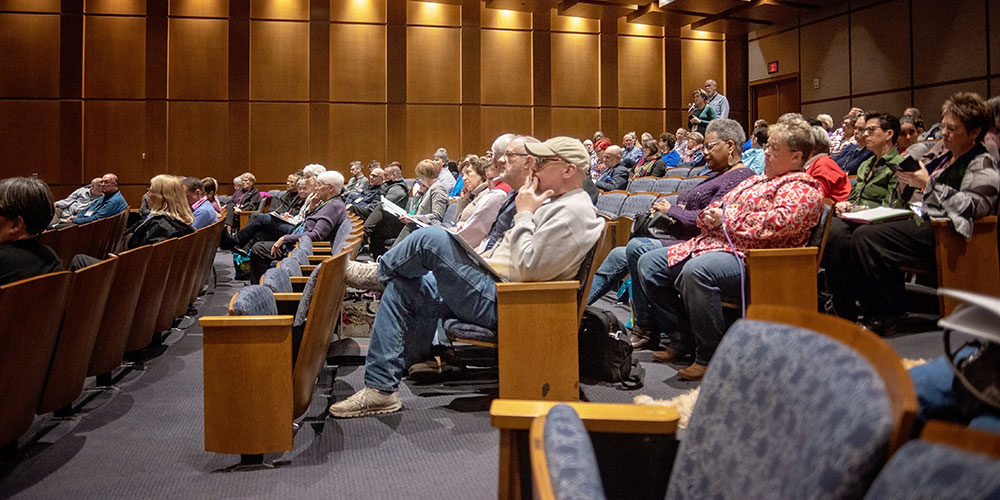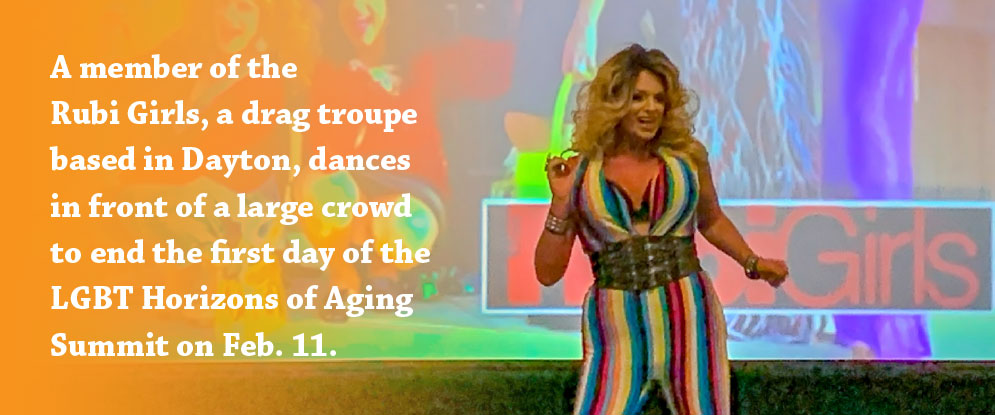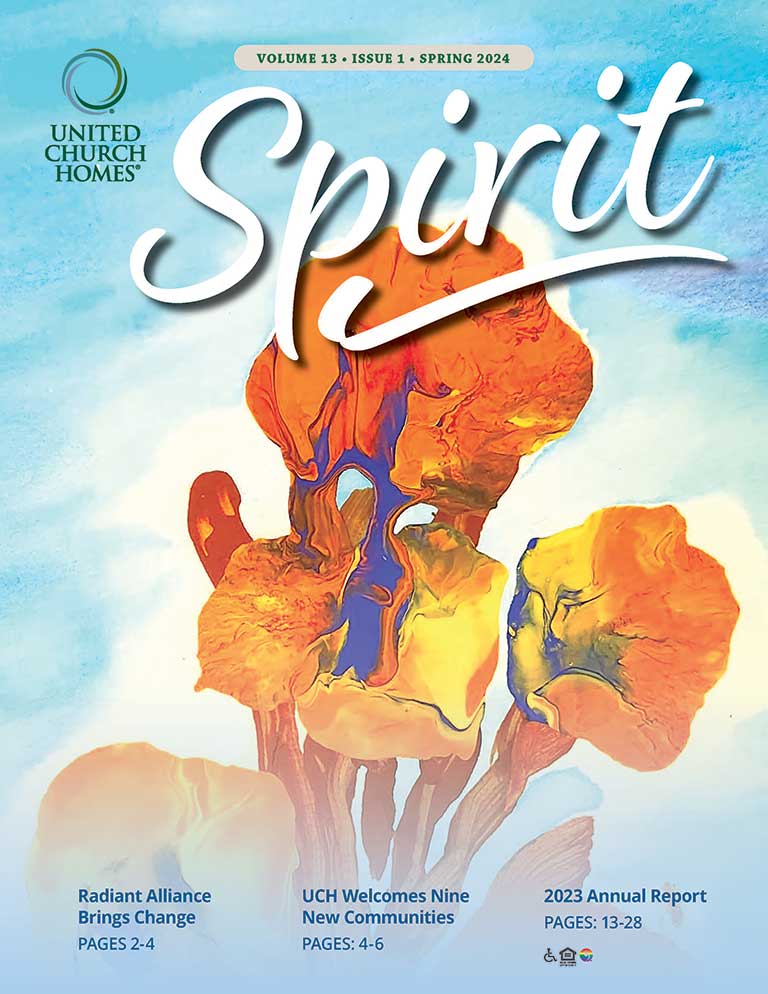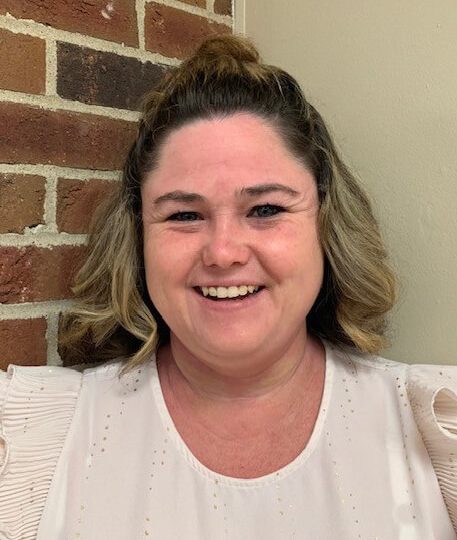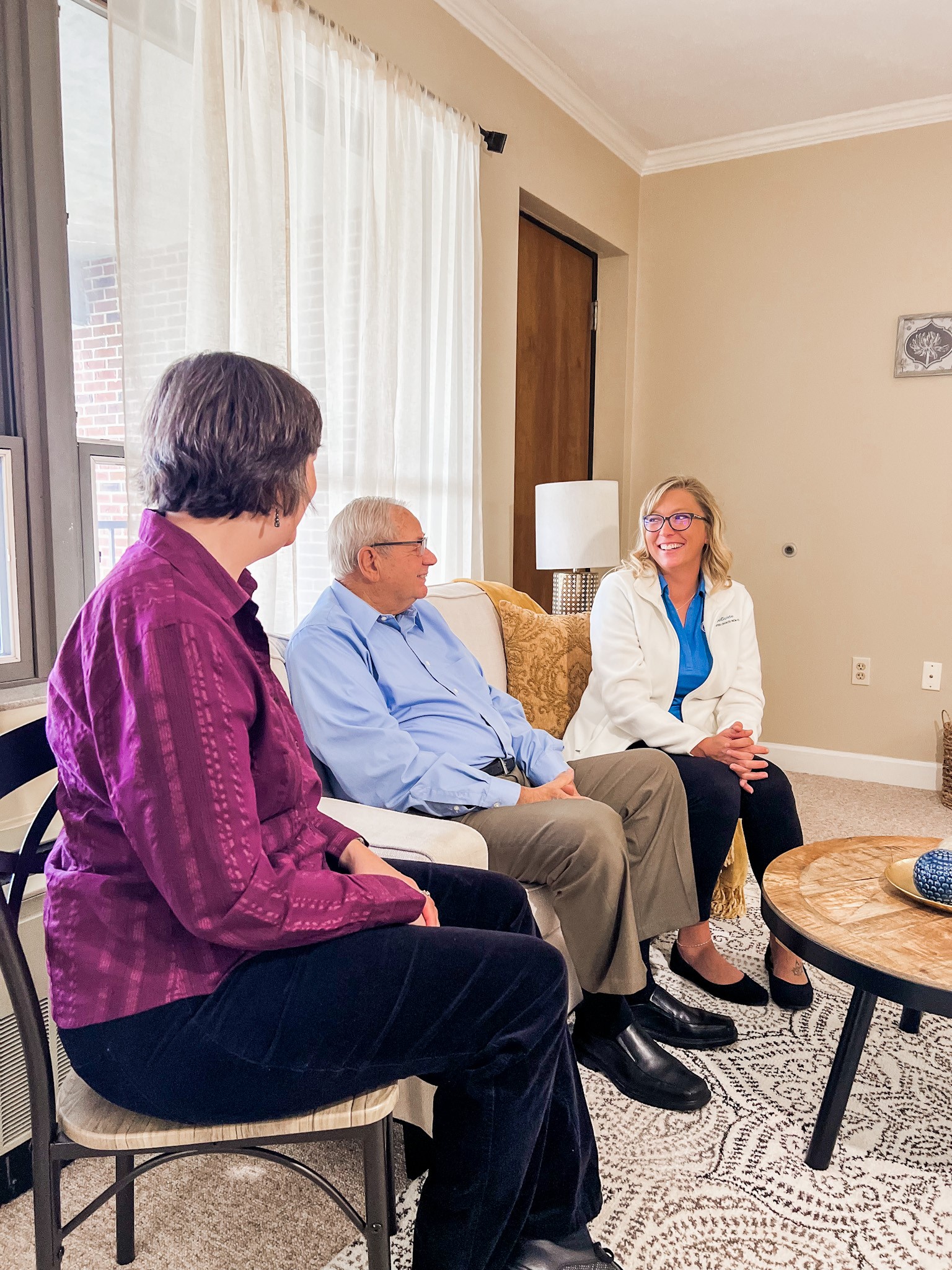By Emily Howard
Editor’s Note: The following is a blog post by Emily Howard, intern with the Advancement Office and Clinical Pastoral Education at Trinity Community’s ACPE Center, about the LGBT Horizons of Aging Summit, a two-day conference held in February in Dayton. To subscribe to the weekly blog, visit abundantaging.org.
A packed auditorium listens to the keynote of Stu Maddox, producer of the award-winning film Gen Silent, during the LGBT Horizons of Aging Summit in Dayton.
What Does Advocacy Mean to Me?
First, it means learning to love myself. I am a questioning, and queer, woman. I had a moment during the course of the LGBT Horizons of Aging Summit that took place Feb. 11–12, 2019, in Dayton, Ohio. I was sitting in a workshop on intersectionality. I realized, listening to a reminder on what intersections mean, that in our world, none of us are just one thing. And some of us carry multiple identities, such as black and lesbian, and that we also hold intersections of identities within ourselves. In a world full of intersecting identities — and intersecting lives — if I cannot fully support and embrace who I am, how can I embrace others? I am working on this now as a result of the conference.
Older Adult Activists
In that work, I am inspired by Andie Hock, a trans woman advocate, and Lew and Steve, older adult gay men who have used their positions from the margins to change society. Often, I believe, they did it by being who they are in public. It didn’t happen for them overnight. It happened over time. But, in that time, they have inspired young people like me. This is the power of older adult activists. They were in attendance big time at the summit.
Meeting the Needs of Those on the Margins
Advocacy also means to me a never-ending struggle for the needs of individuals on the margins, those oppressed, to be recognized and met. I am reminded of a talk by Georgia politician Stacey Abrams. She said, as an African-American woman, that the struggle to have black people’s needs met in the U.S. is a never-ending struggle. She also said that it is her duty as a leader and it is the duty of all black people and allies to remain engaged in meeting those needs.
Awareness of Privilege
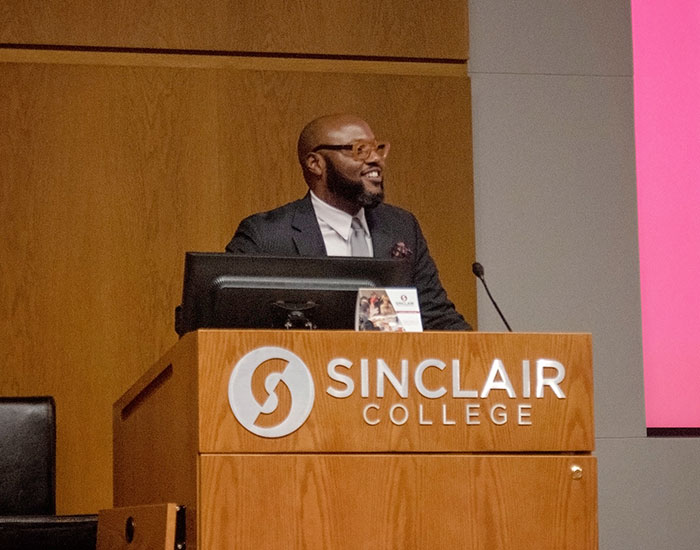
Dr. Quartey presented information gleaned from the first study by AARP on sexual identity and gender identity.
Advocacy also requires awareness of privilege — white privilege, cisgender privilege, straight privilege, ability privilege, middle-class privilege. The list goes on. As one summit participant noted that as a gay man, he often has to strategize about which of his privileged friends’ help he may need to have his healthcare rights heard and addressed. This is an ugly reality. But it is real.
As an aspiring ally in any struggle for people on the margins, I hope I never forget that my struggle doesn’t bring change. Instead, the voices of the marginalized people bring change. The ones who have fought for so long and could not be heard — they incite it. The role of privilege should only be to give a hand in leveraging those voices, not to take credit. The allies won’t win the fight. Instead, people with privilege have the responsibility of giving a measure of presence, money, time or whatever is asked for, to win those fights that the people on the margins identify as necessary. That is the best use of privilege, no matter the cause.
Addressing Human Questions
Another older adult summit participant, Jeannie, put it this way over dinner: advocacy is addressing human questions. Human questions are complicated. Sometimes they don’t have a clear end point. But, I think, Jeannie was pointing out that the purpose of advocacy is to stay on the journey. As Abrams says, it is to stay engaged in the struggle. When I can find meaning, not only in the winning of a fight but also in the journey, perhaps I will better use my voice and commit to advocacy.
Final Thoughts
Watching lives intersecting — intersectional — at the summit, along the journey for healthcare needs to be met, inspired me. I noticed joy in the gathering. I felt humanity in the openness about suffering and struggle. I recognized freedom in the willingness to celebrate all people. And above all, God’s embrace was waiting every step along the way.
May we go on inspired to advocate for the well-being of older adults. May we take the inspiration of those older adults, in particular, who readily and bravely shared their stories and their wisdom. Young people also attended the summit — and moved to continue the fight.
UCH Furthers Commitment to LGBT Older Adults
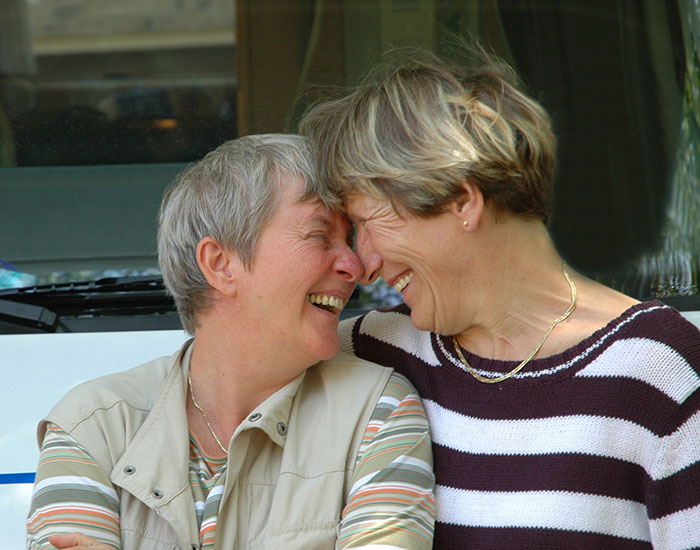
With the first Miami Valley LGBT Horizons of Aging Summit, held in February at Sinclair Conference Center in Dayton, Ohio, United Church Homes furthered and reaffirmed its commitment to serving LGBT older adults, LGBT family members and staff members who identify as lesbian, gay, bisexual, transgender or queer (LGBTQ). With more than 15 breakout sessions over two days, those serving older adults learned important information about discrimination faced by this underserved community. Topics ranged from legal information for trans individuals to cutting-edge research by national experts on LGBT-related issues.
Co-sponsored by Rainbow Elder Care of Greater Dayton, the event was well received with more than 200 in attendance.
View all articles by:

